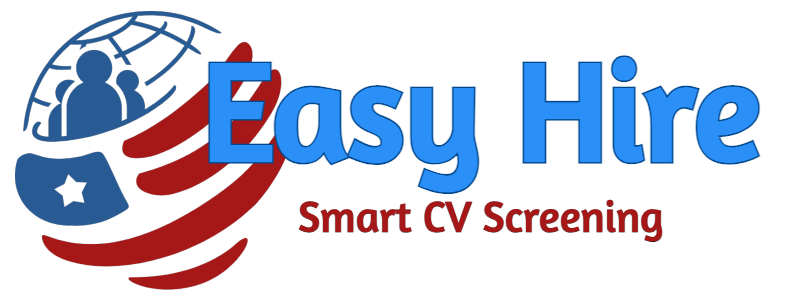The Future of Recruitment: AI and Beyond
Upcoming trends in AI-driven recruitment and hiring technology.
The Future of Recruitment: AI and Beyond
Recruitment is evolving at a rapid pace, and AI is at the forefront of this transformation. From automating repetitive tasks to enhancing decision-making, AI is reshaping how companies attract, evaluate, and hire talent. But what does the future hold for AI-driven recruitment? In this comprehensive guide, we’ll explore the latest trends, benefits, challenges, and actionable insights to help you stay ahead in the competitive world of hiring.
What Is AI in Recruitment?
AI in recruitment refers to the use of artificial intelligence technologies to streamline and enhance hiring processes. This includes tools for resume screening, candidate matching, interview scheduling, and even predictive analytics to forecast hiring needs. By leveraging machine learning and natural language processing, AI helps recruiters make data-driven decisions while saving time and resources.
For example, AI-powered platforms like Easyhireapp analyze thousands of resumes in seconds, identifying top candidates based on predefined criteria. This eliminates manual screening and ensures a more efficient hiring process.
Why Is AI in Recruitment Important?
The recruitment landscape is becoming increasingly complex, with growing candidate pools, remote work trends, and the need for diverse hiring practices. AI addresses these challenges by:
- Improving Efficiency: Automating time-consuming tasks like resume screening and scheduling.
- Reducing Bias: Using objective algorithms to evaluate candidates based on skills and qualifications.
- Enhancing Candidate Experience: Providing real-time feedback and personalized communication.
According to a report by Grand View Research, the global AI recruitment market is projected to reach $590 billion by 2027, highlighting its growing significance in the industry.
Key Benefits of AI in Recruitment
1. Faster Hiring Process
AI tools can process and analyze large volumes of data in minutes, significantly reducing time-to-hire.
2. Improved Candidate Matching
Machine learning algorithms match candidates to job roles based on skills, experience, and cultural fit, ensuring better alignment.
3. Reduced Bias
AI eliminates unconscious bias by focusing on data rather than subjective impressions, promoting diversity and inclusion.
4. Enhanced Candidate Experience
Chatbots and AI-driven platforms provide instant responses and updates, keeping candidates engaged throughout the hiring process.
Challenges & Misconceptions
Will AI Replace Human Recruiters?
No. AI is designed to augment human capabilities, not replace them. It handles repetitive tasks, allowing recruiters to focus on strategic activities like relationship-building and decision-making.
Data Privacy Concerns
The use of AI in recruitment raises questions about data security and candidate privacy. Companies must ensure compliance with regulations like GDPR and implement robust data protection measures.
How to Implement AI in Your Recruitment Process
1. Identify Pain Points
Determine which areas of your hiring process need improvement, such as resume screening or interview scheduling.
2. Choose the Right Tools
Research and select AI-powered recruitment platforms that align with your needs. For example, Easyhireapp offers tools for automated screening and candidate engagement.
3. Train Your Team
Ensure your HR team understands how to use AI tools effectively and interpret their insights.
4. Monitor and Optimize
Regularly evaluate the performance of your AI tools and make adjustments to improve outcomes.
Future Trends in AI Recruitment
As technology advances, we can expect AI to play an even larger role in recruitment. Key trends include:
- Predictive Analytics: Using AI to forecast hiring needs and identify talent gaps.
- Virtual Reality (VR) Interviews: Creating immersive interview experiences for remote candidates.
- AI-Driven Upskilling: Identifying skill gaps and recommending training programs for employees.
FAQ Section
Q: Can AI eliminate bias in hiring?
A: While AI can reduce bias by focusing on objective data, it’s essential to regularly audit algorithms to ensure fairness.
Q: Is AI recruitment suitable for small businesses?
A: Yes, AI tools are scalable and cost-effective, making them ideal for businesses of all sizes.
Q: How does AI improve candidate experience?
A: AI provides real-time updates, personalized communication, and quick feedback, enhancing the overall candidate journey.
Conclusion
The future of recruitment is undeniably intertwined with AI. By embracing AI-driven tools and strategies, businesses can streamline their hiring processes, reduce bias, and attract top talent.
Ready to transform your recruitment process with AI? Explore Easyhireapp’s innovative solutions to stay ahead in the competitive hiring landscape.
